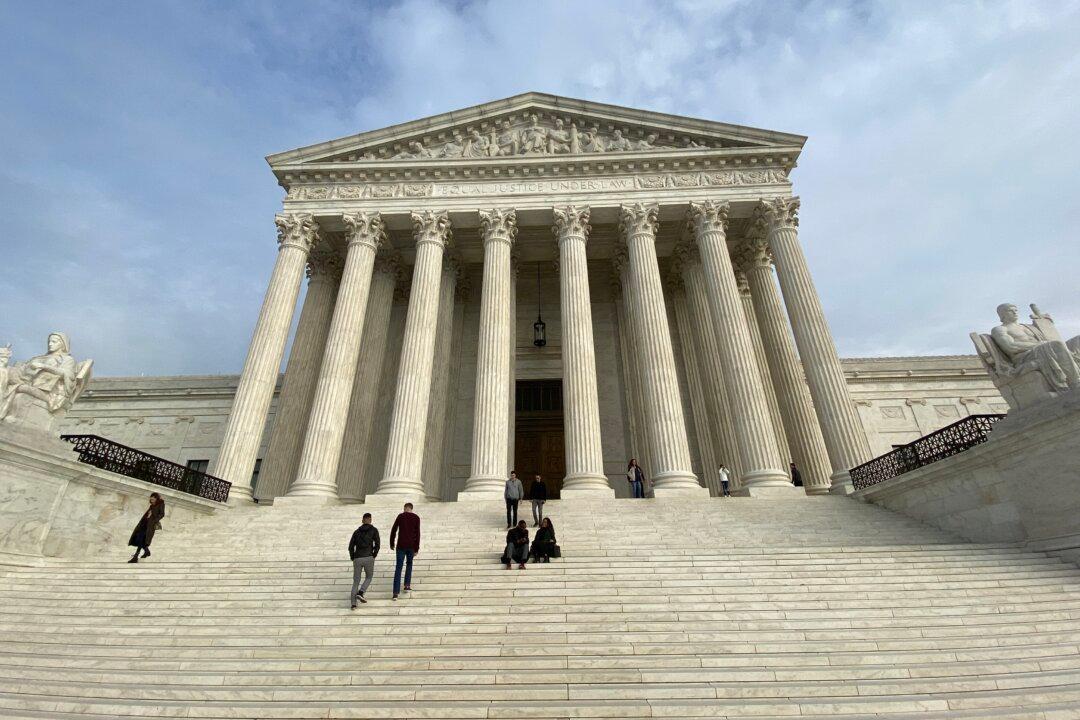A group of over 100 House Republicans is urging the U.S. Supreme Court to take up a lawsuit challenging 2020 election results filed earlier this week by the state of Texas.
The 106 lawmakers asked the nation’s top court on Thursday for permission to file a friend-of-the-court brief that asks the justices to uphold the power of state legislatures to establish how presidential electors are appointed and to determine the constitutionality of ballots cast and counted under election rules established by non-legislative officials.




